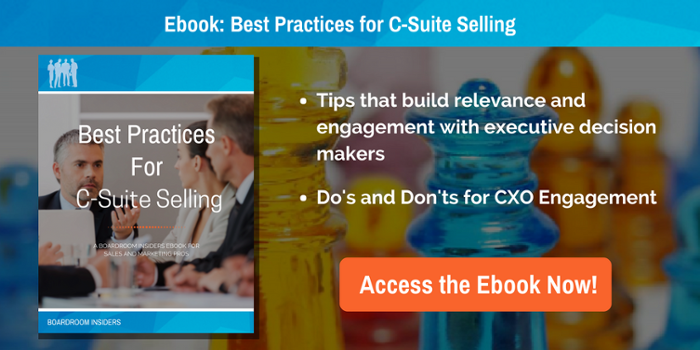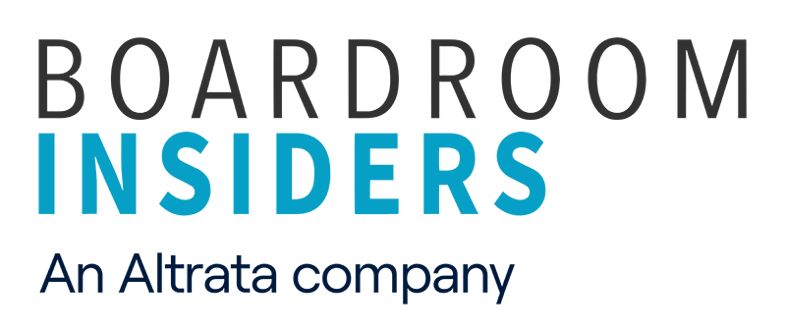 The goal of sales is to convert prospects into customers, but not every prospect should make the cut. Just because you can do business with someone does not mean that you should. By quickly weeding out prospects that are not a good fit, you free yourself up to put more focus and resources on your best prospects, resulting in larger deals with customers who are a perfect fit. Here we describe three scenarios when you should consider saying “no” to a sale in order to strengthen your business overall.
The goal of sales is to convert prospects into customers, but not every prospect should make the cut. Just because you can do business with someone does not mean that you should. By quickly weeding out prospects that are not a good fit, you free yourself up to put more focus and resources on your best prospects, resulting in larger deals with customers who are a perfect fit. Here we describe three scenarios when you should consider saying “no” to a sale in order to strengthen your business overall.
1. The Client Is Not Ready for Your Offer--Yet
How many times have you submitted a proposal to a customer who is excited to get started with your services, but deep down you know they are unprepared to take advantage of what you have to offer. This can be one of the most difficult reasons to turn away business--given the customer’s enthusiasm--but remember, playing the long game can win you a bigger and better deal in the long run. By saying “no” to a client who is unprepared to leverage your services, you have the opportunity to establish trust and credibility, if you explain your reasoning well. It’s not difficult to take someone’s money, but it takes integrity to say, “I know you are ready to write a check for our services but here’s why I don’t think you should.” It could be that the prospect does not have the right internal team established, or the buy-in, or the capabilities to leverage your product or service. Being honest about why you believe a deal should wait almost guarantees that your prospect will come back to you in the future if and when they are ready, and by defining what that looks like, they will know when the time is right.
2. They Are Not the Right Fit for Your Business
It’s always exciting to move a deal to completion, but you should consider more than just whether or not the deal will close. Opportunities that are not the right fit--like fitting a square peg into a round hole--can be distracting and eat up resources that could otherwise be focused on your core business and customers. If your deals don’t align with your overall company mission and core offerings, you also stand the risk of morphing into a company that does a lot of things--but none of them particularly well. This is not good for your business in the long run. Don’t try to stretch into areas where you are unfamiliar and inexperienced; you could ultimately distance yourself from the customers you really want.
3. You Know Your Competition Does It Better
If your prospect is interested in your company primarily for one thing that you know your competition does better, you might consider making a referral. You don’t want to disappoint your new customer or make them feel misled simply because they didn’t realize there was a better fit for them. By recommending other options, you establish trust and give yourself an opportunity to explain what your company does do best. You may find that your conversation leads to a better, more lucrative deal later.
One of the most valuable, intangible and enduring aspects of business relationships is trust. By saying “no” when it’s easy to say “yes” you develop a deeper relationship based on trust that may lead to future business and referrals. Saying “no” when appropriate will actually lead to more business and better relationships in the future.







Share Your Thoughts